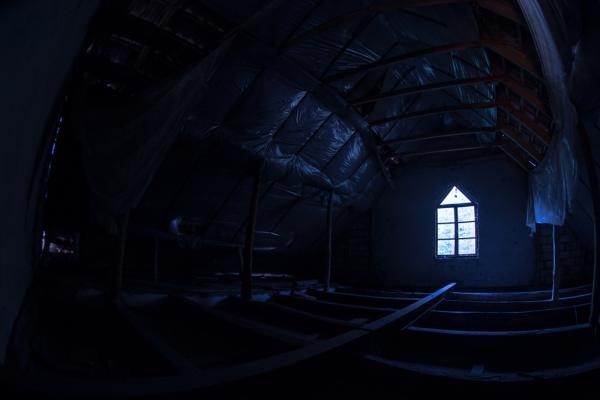Feb 22, 2019
So now, here the church sits staring in the face of human rights violations being committed in our national name. Here we sit privy to the betrayal of anything we could possibly claim the gospel to be about — from the actual life story of Jesus and his dark-skinned, refugee family to the theological imperative to love one’s neighbor and stand with the most vulnerable. Here we sit bearing witness to breathtaking levels of racialized, religious violence being emboldened by this administration’s rhetoric and policies.
Read the Full Article

Already a subscriber? Login
